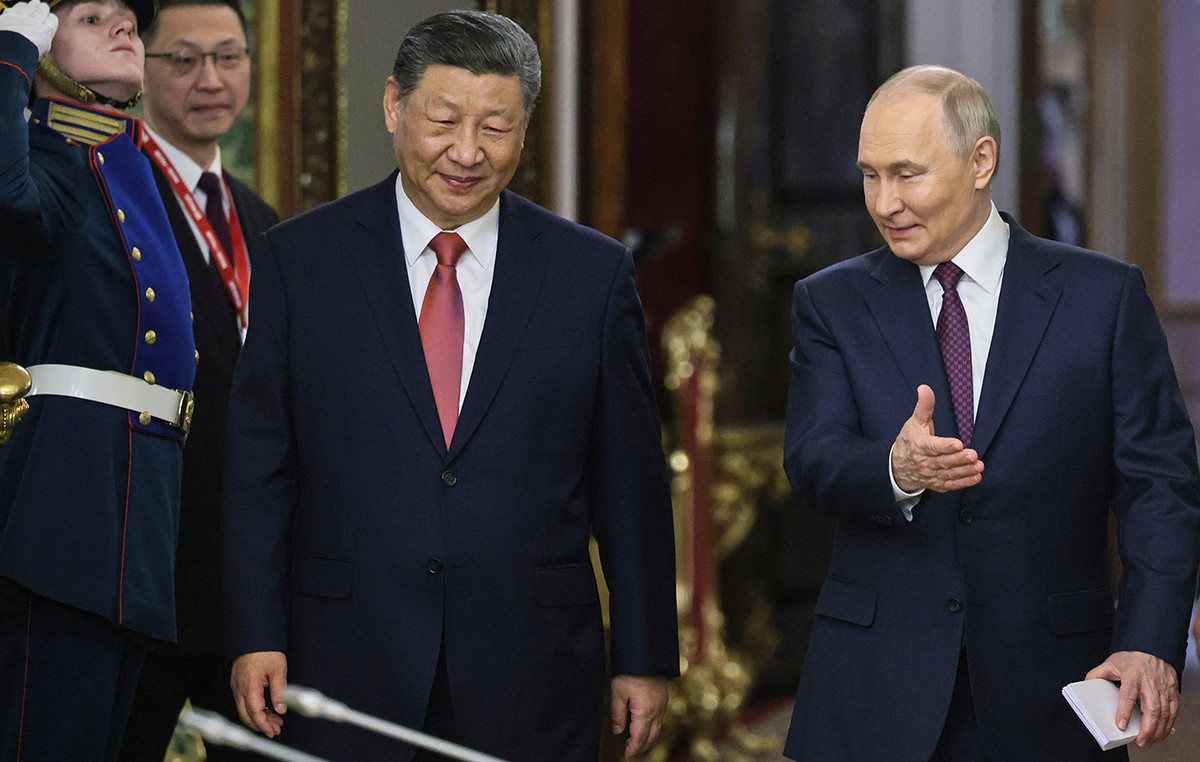Brazil reached the mark of 1 million solar energy generation systems installed on roofs, facades and small plots, adding up to more than 10.6 gigawatts (GW) in power, according to mapping by the Brazilian Photovoltaic Solar Energy Association (Absolar) released this Monday (23).
The installed capacity of solar distributed generation — plants with up to 5 MW built at the consumption site or close to it — has already surpassed that of the large source plants in the country, and today represents more than 67% of the total power.
Residential consumers lead the use of distributed solar energy both in terms of number of systems connected to the grid (77.6% of the total) and in installed capacity (45.4%), according to the Absolar survey.
Then come small businesses in the commerce and services sectors, with 12.5% of connections and 32.3% of power.
The systems are still used by rural consumers, industries, public authorities, public services and public lighting.
Absolar estimates that the segment has received around R$ 57.4 billion in private investments since 2012, when the regulation for distributed generation was established by the National Electric Energy Agency.
By the entity’s estimates, 2022 could be the best year for solar energy on record since 2012.
The expectation is that the installed operating power will practically double compared to 2021, exceeding 17 GW, driven by increases in electricity tariffs above inflation and by the publication of the regulatory market for the segment.
Source: CNN Brasil
I am Sophia william, author of World Stock Market. I have a degree in journalism from the University of Missouri and I have worked as a reporter for several news websites. I have a passion for writing and informing people about the latest news and events happening in the world. I strive to be accurate and unbiased in my reporting, and I hope to provide readers with valuable information that they can use to make informed decisions.






